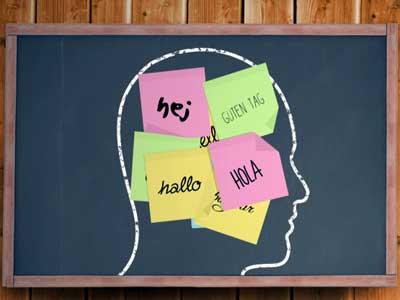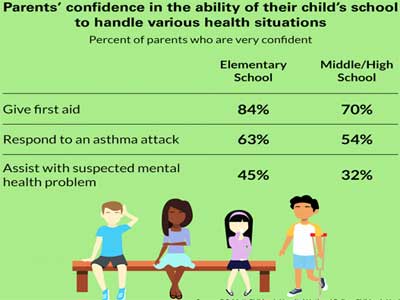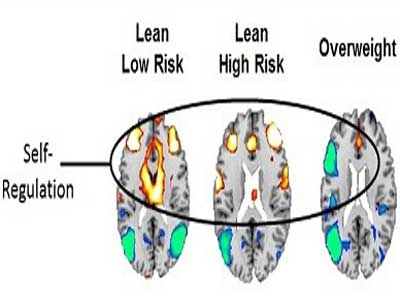The temptation to respond to social media notifications and text messages from friends is keeping more and more teens awake at night.
Read MoreTeens-Kids


It is often claimed that people who are bilingual are better than monolinguals at learning languages. Now, the first study to examine bilingual and monolingual brains as they learn an additional language offers new evidence that supports this hypothesis, researchers say.
Read More
Many parents worry about how much time teenagers spend texting, sharing selfies and engaging in other online activities with their friends. However, according to a recent research synthesis from the University of California, Irvine, many of these digital behaviors serve the same purpose and encompass the same core qualities as face-to-face relationships.
Read More
An international team of researchers reports that when children are praised for being smart not only are they quicker to give up in the face of obstacles they are also more likely to be dishonest and cheat. Kids as young as age 3 appear to behave differently when told “You are so smart” vs “You did very well this time.”
Read More
If your child had an asthma attack during the school day, would school personnel know how to respond?
Read More
A team of researchers, including senior investigator, Bradley Peterson, MD, director of the Institute for the Developing Mind at Children’s Hospital Los Angeles, used fMRI to investigate neural responses to food cues in overweight compared with lean adolescents. The team observed that food stimuli activated regions of the brain associated with reward and emotion in all groups. However, adolescents at an increasing risk for obesity had progressively less neural activity in circuits of the brain that support self-regulation and attention.
Read More














